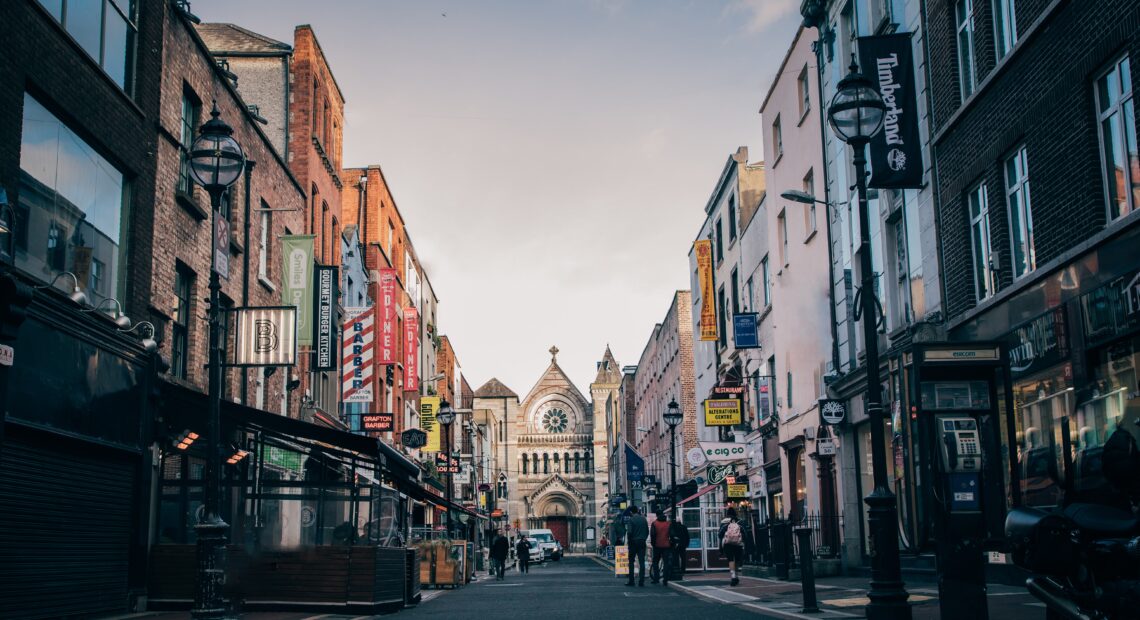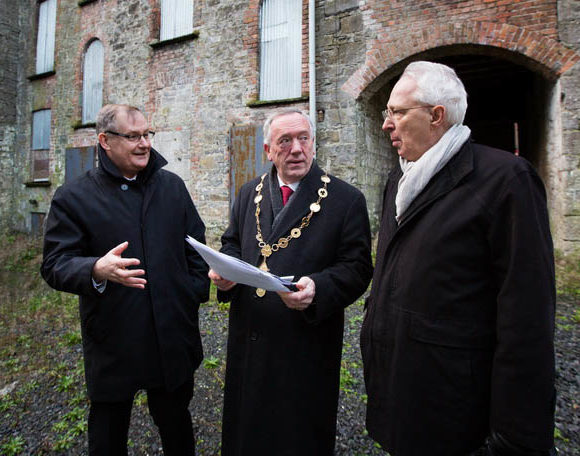The latest Dublin Economic Monitor (DEM), published this morning by the four Dublin Local Authorities, shows that the recovery in the Capital is gathering momentum and providing a much-needed stimulus for many sectors of the economy.
Dublin’s IHS Markit Purchasing Managers’ Index (PMI) shows that private sector business activity in Dublin continued to expand in Q3 2021 as the Capital’s economy was gradually re-opened. A sharp increase in activity was posted for a second consecutive quarter, with the PMI index reaching 62.1. This expansion was more robust than that seen in Q2 (60.2), and was the strongest index reading since 2014 as Dublin businesses ramped up employment and new orders in anticipation of further growth.
According to data from MasterCard, retail spending in the Dublin economy surged in the third quarter of the year, aided by considerable pent-up consumer demand and the lifting of Covid-19 restrictions. Spending by consumers in the retail sector expanded by 14.9% QoQ and 10.5% YoY (SA) to reach the highest point since the series began in 2014. The Entertainment and Discretionary categories benefitted to the greatest proportional extents in the quarter, with respective QoQ spending increases of 69.4% and 64.5% – albeit from low bases.
Dublin’s labour market gathered momentum over the months up to October 2021. The number of Pandemic Unemployment Payment (PUP) recipients continued to fall, with just over 30,000 people remaining in receipt of the payment as of the end of October. The Capital’s unemployment rate fell by 1.2% QoQ in Q3 to stand at 6% (SA), as sizeable increases in employment levels were recorded in the services and construction sectors in particular.
Residential construction in Dublin continued to ramp up in Q3. Housing commencements in the Capital stood at 3,596 in the quarter, down 28.3% QoQ from the considerable spike in Q2, but up by almost 86% (1,661 units) YoY. Completion levels remained relatively stable in the quarter but will be expected to rise as the strong pipeline of commencements feeds through to the housing stock in 2022.
Dublin’s road network also provided robust evidence of the recovery in economic activity up to November. Average daily traffic volumes on eight of the Capital’s main thoroughfares rose to over 683,000 (SA) in the month, broadly in line with pre-pandemic levels. This was the highest traffic volume recorded since the onset of the Covid-19 pandemic and will have been stimulated by the phased return to schools, colleges and workplaces across the Capital.
Commenting on the DEM’s findings, Andrew Webb, Chief Economist with Grant Thornton, said, “retailers often refer to this time of year as the ‘golden quarter’, when a significant proportion of annual trade is done. The data in this Dublin Economic Monitor, particularly the consumer spending and labour market indicators, suggests that the economy has been shifting through the gears to deliver the long hoped for ‘bounce back’. The expectation is that the recovery will sustain into 2022 but notes of caution around inflation, labour shortages and Covid-19 cases are growing louder.”
Source: Dublin City Council
[sibwp_form id=2]













